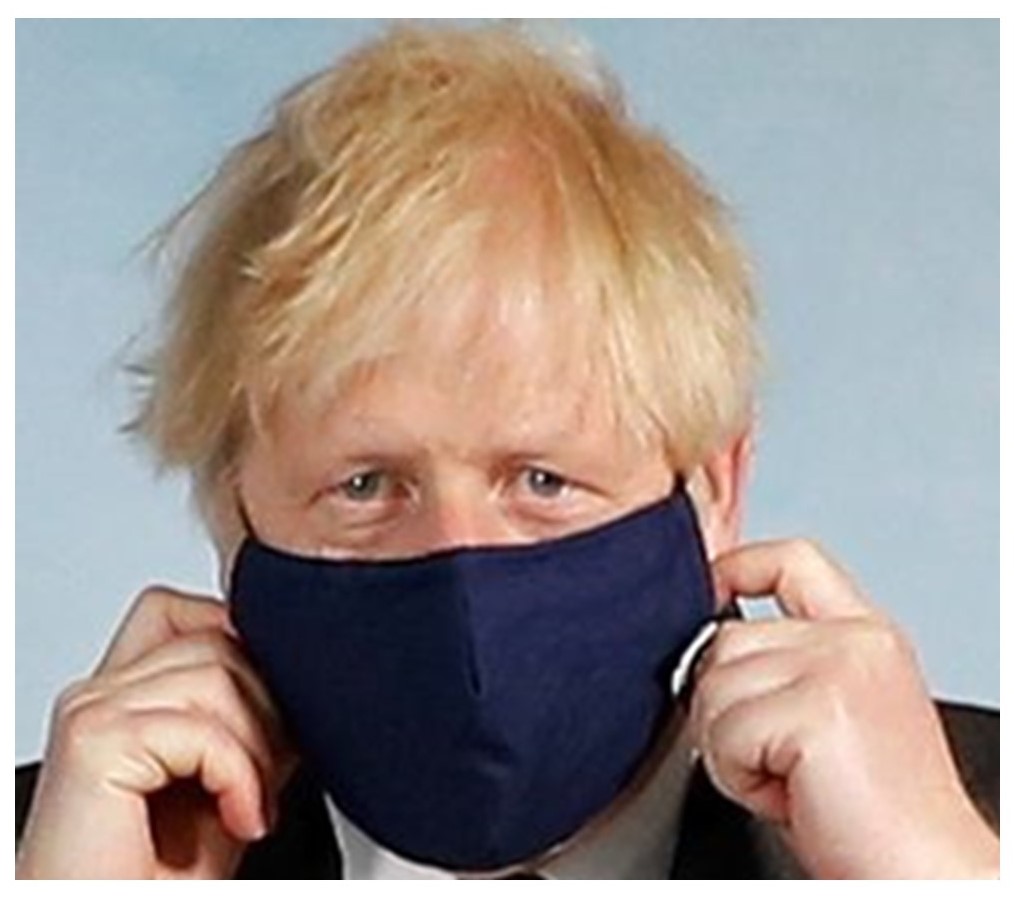
Here below is the copy of a letter I’ve sent this week to Lord Evans of Weardale, Chair of the UK’s independent committee on standards in public life. By coincidence, just before Mr Johnson’s extraordinary contortions in the House of Commons two days ago, Lord Evans’ committee produced a report recommending certain improvements in the way ethical standards are maintained in parliament. Here is a link to a Guardian article on the subject, written by Rowena Mason. The committee’s recommendations were, of course, promptly rejected by Mr Johnson’s government, which seems to have “taken back control” of the whole subject of ethics. Its approach appears to be : whatever suits the Hoodlum Toad is “ethical,” (ie “Ethics are Me”) ; or “Ethics, my precious ? Why Bovver ?”
Dear Lord Evans,
I write to congratulate you and your committee on your recent report and recommendations and to thank you, not just for the work, but for the quality of the thinking behind it. The nation’s present executive has swiftly rejected it, of course, as was predictable. But that does not mean that you were wasting your time. Much of the practice of the present government does nothing but reinforce the pertinence of your recommendations and – all things being equal – their time will surely come.
I have written to you on a couple of occasions over the last year or so and have been glad to have received replies from you. You will be receiving more correspondence than usual just now and I may not be so lucky this time ! But I do want to add my pennyworth again (and – in case it can help my voice carry a little further – have copied/pasted my letter into this blog-post).
I have earlier failed to convince you with my argument that truth-telling in politics cannot be left to gather dust on Lord Nolan’s list of guidelines (“precious” though Mr Johnson finds them) – with “loss of reputation” the only consequence for those who fail to honour it. Truth-telling by politicians is as fundamental to a life-supporting democracy as sound money to a healthy economy. Money and language are both currencies, means of exchange. Each is equally essential to any human society and – just as essentially – we need to be able to trust them. The politician who lies – at whatever level of seniority – is a forger, a fraud, a cheat and a thief, and warrants a response from society that matches those criminal offences.
I am not the only one pursuing this line, of course. You will have been hearing the same kind argument from various quarters. I respect your doubts, but continue to think that the ever worsening, ever more cynical, ever less principled political climate of this nation, requires it. So I shall keep sounding off on the subject.
I would add two more recommendations for a healthier House of Commons and UK governance. I realise they may not be within your Standards brief.
1/ There should be a common Person Spec. drawn up for the qualities and experience and expertise required of any member of parliament, of whatever political party. No-one should be allowed to stand for parliament who cannot demonstrate qualities and experience that match the spec’s requirements. This would bring the House into the modern world where the rest of us live. To be merely popular or persuasive or partisan or Etonian are insufficient qualifications for being an active contributor to a nation’s governance.
2/ No one should go into politics straight from university, with entire working lives being spent inside the “bubble”, devoid of first-hand experience of life and occupations “outside.” A good eight years of ordinary work previous to standing for parliament should be a minimum requirement, coupled with impeccable work references at the end of that time. Had this been a requirement when Mr Johnson began to be interested in politics, his public record of being sacked (twice) for lying, would have instantly debarred him from public life of any kind. Were he to apply for any job whatsoever outside the “bubble,” with that on his work record, no one would even short-list him, bar a criminal.
I have to conclude this letter by saying that, overall, it seems to me that our politics are in dire trouble, reflective of our nation’s trouble, all at sea and leaking. These various proposals, if implemented, would help, but would not cure. Mr Johnson appals me and disgraces us all, but I do not see him as the cause of our illness. He is just one of the many symptoms of it. The causes are as numerous as the symptoms are.
Your sincerely
